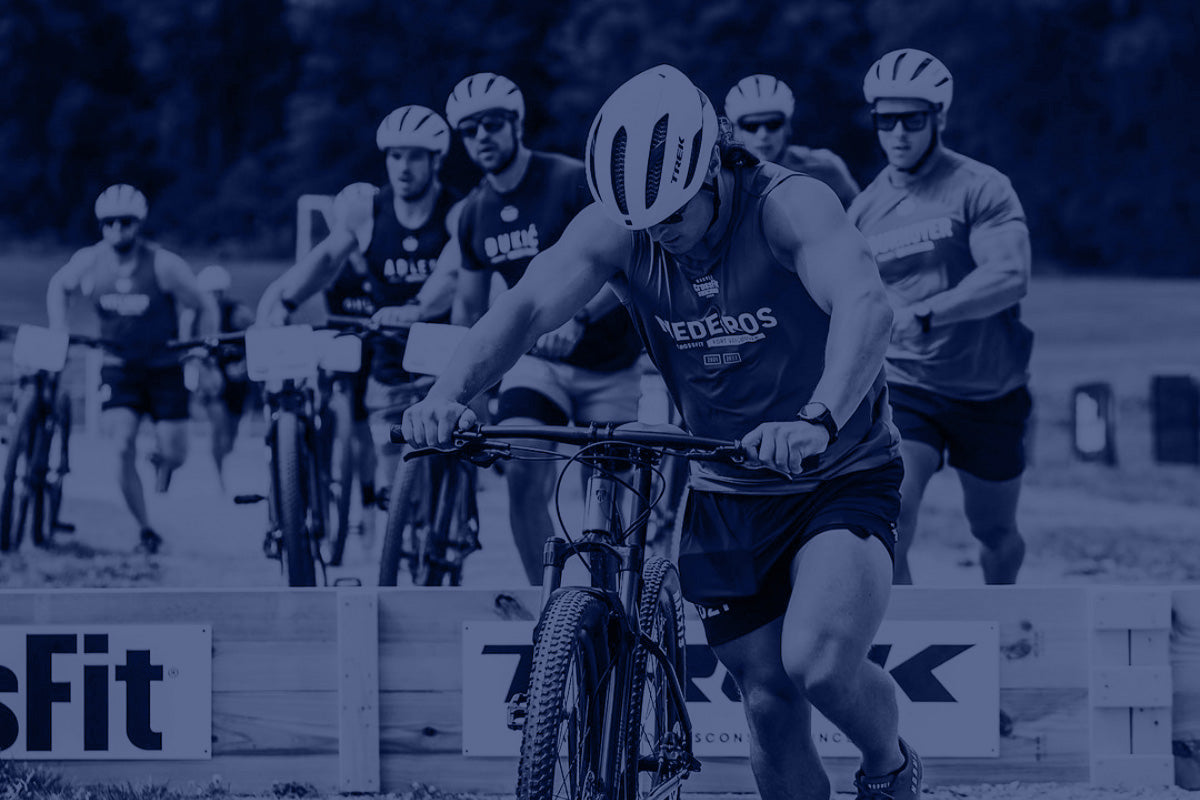
DOES AGE MATTER?
How Age Affects Hydration Needs
Does age affect our hydration Needs?
The simple answer is Yes.
Children sweat less than adults and do not need to drink as much during physical activity to stay hydrated. Before puberty, children sweat less than adults, the sweat drops are smaller, and sweating covers less of the body surface. As with adults, increased fitness and acclimation to the heat will increase the sweating response in children, although still not to the level seen after puberty. As a result of lower sweat loss, children do not need to drink as much during physical activity as adults, making it easier for children to stay well hydrated, provided palatable fluids are made available to them.
Older individuals can be at increased risk of dehydration because thirst is a less-sensitive gauge of fluid needs as we age. (Even in young people, thirst is an inaccurate gauge of fluid needs during physical activity.) As we age, thirst sensitivity declines even further, increasing the risk of dehydration and cardiovascular strain in older adults at rest and during exercise.
This risk is particularly elevated during heat exposure. During heat waves, when dehydration is combined with the reduced cardiovascular response to heat exposure that also occurs with age, older adults—especially those with existing heart and lung diseases—are at increased risk of life-threatening events created by heat stress.
Thus, proper hydration is particularly important for older adults. A daily practice of proper hydration will help keep the body cooler, support cardiovascular function and keep the individual healthier.
- Falk B, Bar-Or O, R C, MacDougall D. Sweat gland response to exercise in the heat among pre-, mid-, and late-pubertal boys. Med Sci Sports Exerc. 1992;24(3):313-319.
- Falk B, Dotan R. Temperature regulation and elite young athletes. Med Sport Sci. 2011;56:126-149.
- Meyer FM, Bar-Or O, MacDougall D, Heigenhauser GJ. Sweat electrolyte loss during exercise in the heat: effects of gender and maturation. Med Sci Sports Exerc. 1992;24(7):776-781.
- Greenleaf JE. Problem: thirst, drinking behavior. and involuntary dehydration. Med Sci Sports Exerc. 1992;24(6):645-656.
- Kenney WL, Chiu P. Influence of age on thirst and fluid intake. Med Sci Sports Exerc. 2001;33(9):1524-32.
- Thornton SN. Thirst and hydration: physiology and consequences of dysfunction. Physiol Behav. 2010;100(1):15-21.
- Jacobson L, Oliveira BFA, Schneider R, Gasparrini A, Hacon SS. Mortality risk from respiratory diseases due to nonoptimal temperature among Brazilian elderlies. Int J Environ Res Public Health. 2021;18(11):1-14.
- Kenney WL, Craighead DH, Alexander LM. Heat waves, aging, and human cardiovascular health. Med Sci Sports Exerc. 2014;46(10):1891-9.
- van Steen Y, Ntarladima AM, Grobbee R, Karssenberg D, Vaartjes I. Sex differences in mortality after heat waves: are elderly women at higher risk? Int Arch Occup Environ Health. 2019;92(1):37-48.
